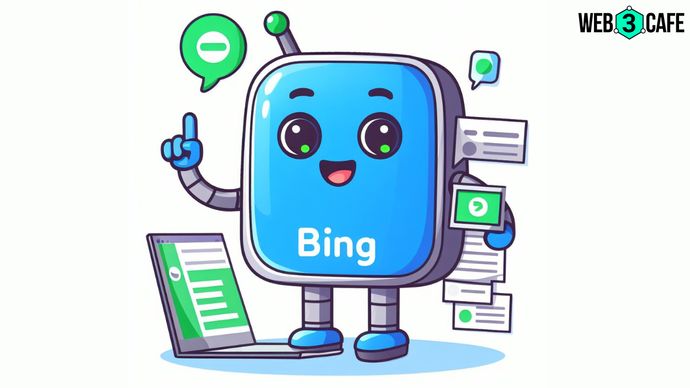Microsoft's Bing Chat to offer "offline mode" without online search support for faster responses
Bing Chat is introducing an "offline mode," for quicker responses, mixed AI brilliance, and personalised interactions through third-party plugins in a new era of dynamic conversation.

Highlights
- Bing Chat's offline option for speedier responses
- Blend of GPT models for current information
- OpenTable and more for tailored interactions
Microsoft is reportedly working on an "offline mode" for Bing Chat, allowing users to disable its search engine capabilities. Despite being powered by ChatGPT, this move aims to cater to users who prefer a faster chatbot experience without internet searches.
Recent tests suggest that with the search engine turned off, Bing Chat responds faster. However, there's a trade-off in accuracy, as the chatbot may provide a mix of outdated and up-to-date information. For instance, it was accurate about ongoing events like the Russia-Ukraine conflict but struggled with specifics like the latest version of Windows.
Bing Chat’s mix of AI’s
Unlike OpenAI's model, which cuts off knowledge at a specific date, Bing Chat seems to blend different AIs. This includes GPT 3.5 Turbo and possibly GPT 4. This hybrid approach allows it to be informed about recent events, like the Russian invasion, despite training data having a cutoff point.
Third-party plugins
Additionally, the chatbot will support third-party plugins, such as OpenTable for restaurant recommendations and commerce plugins like Instacart, enhancing user interactions.
Third-party plugins are additional tools or extensions that users can integrate into Bing Chat to tailor their experience. Instead of relying solely on built-in features, users can incorporate external services, adding new capabilities to the chatbot.
Microsoft's upcoming event
While Microsoft aims to meet user demand for a faster chatbot, sceptics question the move, noting that removing the search engine could make Bing Chat a less accurate version of ChatGPT.
The upcoming Ignite event on November 15 is expected to shed more light on this development. Until then, the tech community remains sceptical, wondering if this move is a step backwards for Microsoft in the evolving landscape of AI technology.
